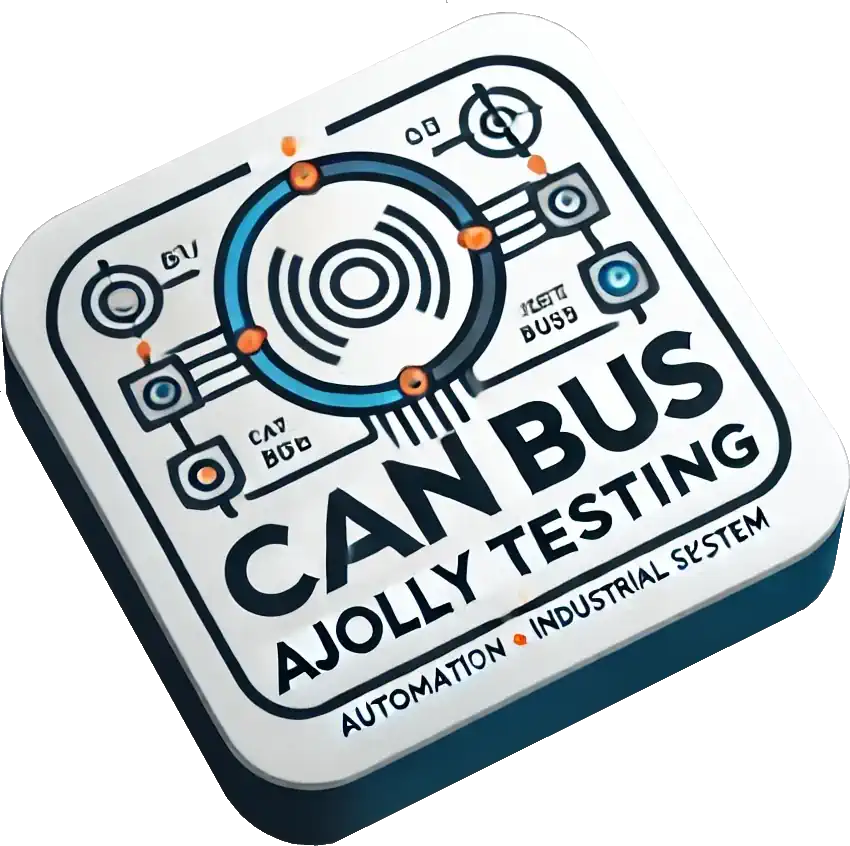
The CAN (Controller Area Network) is a serial communication protocol created to allow efficient and reliable data exchange between different electronic modules, especially in industrial, automotive, and embedded environments. Originally developed by Bosch, the CAN protocol has become an essential standard for applications that require safety, synchronization, and fault tolerance.
📡 Where is CAN used?
CAN is widely used in sectors that require high reliability:
- Automotive: communication between ECU, ABS, airbag, dashboard, and sensors
- Aerospace: control of embedded systems and sensor monitoring
- Industrial machines: interconnected PLCs, sensors, and actuators
- Medical equipment: distributed control modules
- Robotics and autonomous systems: motor synchronization and feedbacks
🔧 How does CAN work?
CAN is based on a master-master architecture, where all nodes on the network can transmit and receive data. Communication is done via a differential pair (CAN_H and CAN_L), which ensures immunity to electromagnetic noise and high robustness.
There are two main standards:
| Protocol version | Identification | Addressing bits |
|---|---|---|
| CAN 2.0A | Standard | 11 bits |
| CAN 2.0B | Extended | 29 bits |
The choice between them depends on the complexity and number of devices in the network.
⚙️ Speed and Distance on the CAN Bus
The CAN transmission rate varies from 20 kbit/s to 1 Mbit/s, depending on the total network distance:
| Speed (bit/s) | Maximum Distance (m) |
|---|---|
| 1 Mbit/s | ~40–60 m |
| 500 kbit/s | ~100 m |
| 125 kbit/s | ~500 m |
| 20 kbit/s | ~1200 m |
The higher the speed, the shorter the permissible distance due to capacitance and signal integrity.
🛠️ How AJOLLY Testing Integrates the CAN Bus
At AJOLLY Testing, we integrate the CAN protocol into functional test systems, line automation, and validation benches:
- Reading and writing CAN messages for DUT control
- Simulation of ECUs with pre-recorded messages
- Integration with software like LabVIEW, TestStand, C#, Python
- Decoding CAN messages with DBC libraries
- Validation of protocols such as CANopen, J1939, ISO-TP
We also develop jigs and custom CAN adapters for production line testing, focusing on repeatability, traceability, and quick diagnostics.
🔌 Benefits of Using CAN
✅ High reliability and noise immunity
✅ Decentralized and flexible structure
✅ Ideal for real-time distributed systems
✅ Largely compatible with embedded and industrial modules
✅ Support for higher-level protocols (CANopen, J1939)
With CAN, you ensure robust communication between critical devices. With AJOLLY Testing, you transform this robustness into quality, traceability, and productivity.
